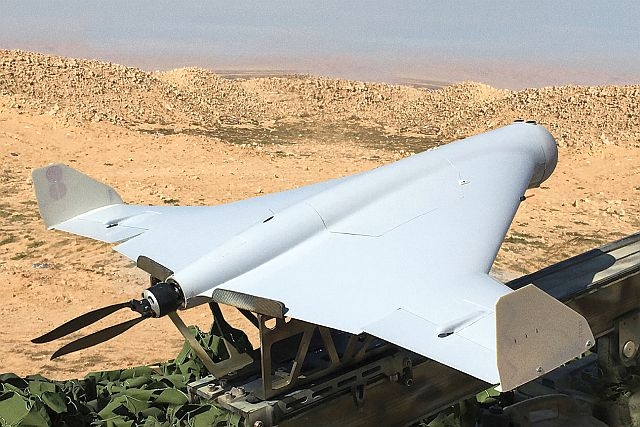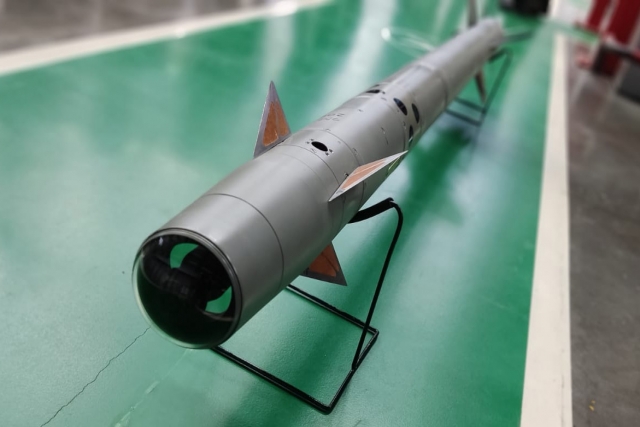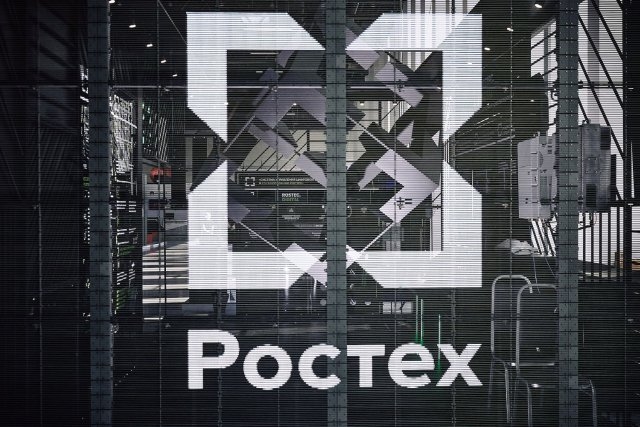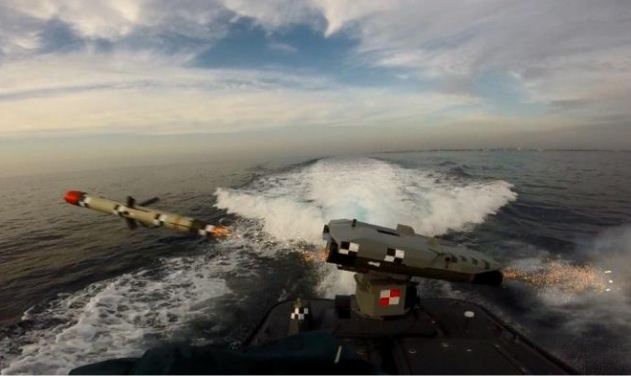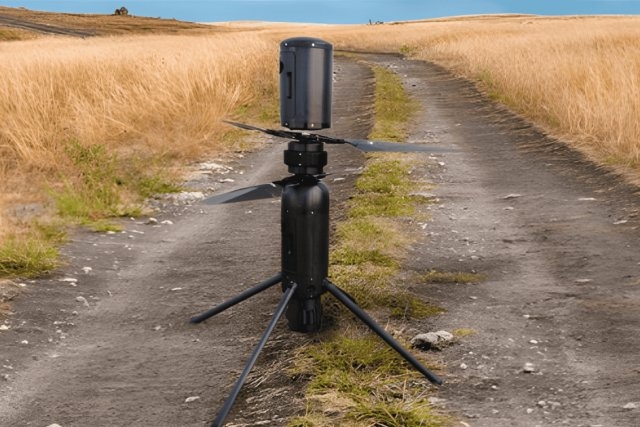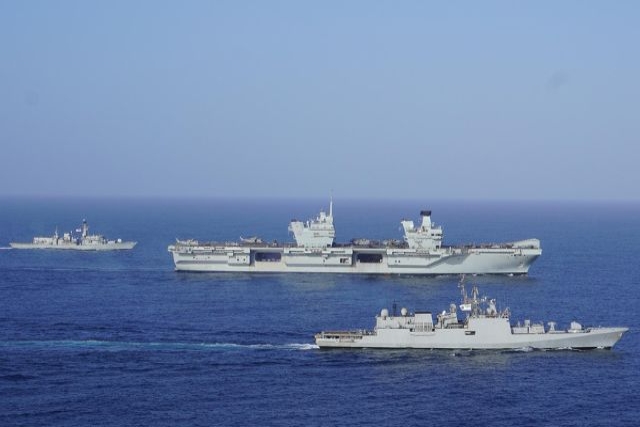Kalashnikov Rifle Manufacturing in India Going as Planned, Delayed in Venezuela
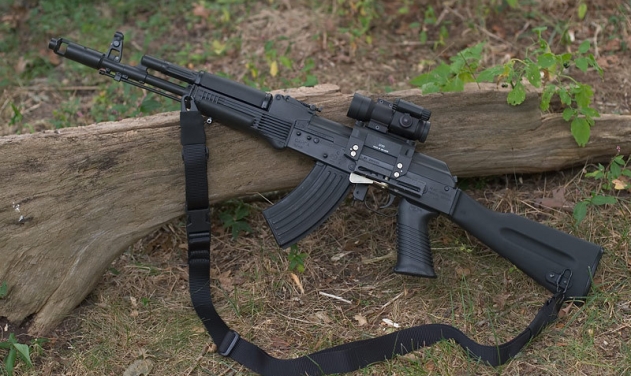
Plans to manufacture the Kalashnikov rifles in India is going as per plan but is hit by delays in Venezuela, Vladimir Lepin, general director of the company was quoted as saying in a report by Interfax.
"Everything is in normal mode. Both from the Indian side and from our side," Lepin said.
In December of last year, India and Russia signed a contract for the joint production of more than 600,000 AK-203 assault rifles at a facility in Uttar Pradesh state’s Korva. The deal was finalized during a meeting in Delhi between defense ministers of the two countries, Sergei Shoigu and Rajnath Singh. As per reports, the deal was worth more than $677 million.
Alexander Mikheev, stated back then that the localization of the production of AK-203 assault rifles in India would be undertaken in a phased manner. "There is a feature of the launch of production. The first 120,000 AK-203 assault rifles will be produced in India with a gradual increase in localization from 5% to 70%. The rest of the assault rifles will be produced with 100% localization," Mikheev said.
He noted that the Russian side confirms its readiness to ensure full-scale production of the latest version of Kalashnikov assault rifles within 2-3 years, which will provide India's law enforcement agencies with modern small arms.
In contrast to India, the production of AK-103 assault rifles and ammunition at a plant in Venezuela has been plagued with logistics problems which has caused delays. "No, it won't launch," Lepin told Interfax.
The envoy of the President of Venezuela, Adan Chavez, announced in October 2021 that the construction of a plant for the production of Kalashnikov assault rifles in Venezuela is planned to be completed in the second half of 2022. Sergei Chemezov, head of Rostec, alleged in 2019 that the U.S. was interfering with the construction of the plant.
“We are also building a plant for the production of Kalashnikov assault rifles and ammunition. Because of the sanctions, construction is constantly slowed down - either the electricity will be turned off there, or the components will not give an opportunity to deliver machines,” Chemezov said. "There was a period - it stood for a month, it was impossible to work. The electricity was turned off there, it was impossible to work. And then the Americans did not allow us to get machines there. They were quietly imported anyway," Chemezov told reporters at the St. Petersburg International Economic Forum in 2019.

